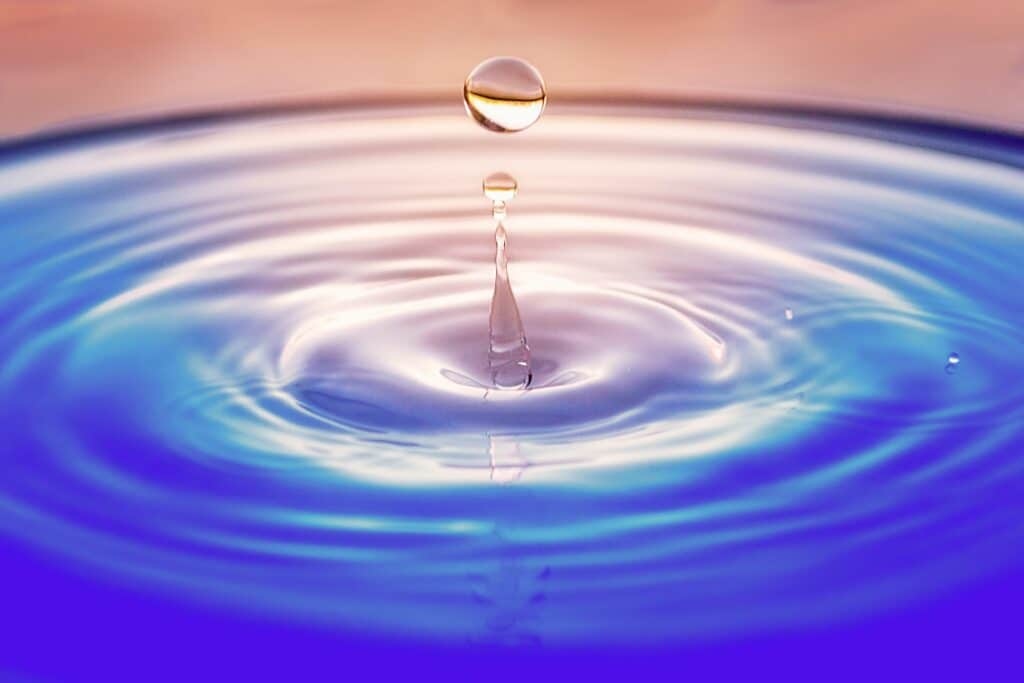“I’ve learned that people will forget what you said, people will forget what you did, but people will never forget how you made them feel.”
― Maya Angelou
I stood in the hospital hallway. My son was just taken from me for an emergency surgery. I could not follow him. It made sense and it also made no sense at all. The helplessness made it difficult to breathe. I could feel every bit of my resolve to remain calm evaporate the moment he could no longer see me. Every internal structure that had held me together was imploding and collapsing, one after another. With nothing to hold on to, I was thrashing about inside, aware of it happening and unable to do anything about it.
Just then, one of the nurses left her nearby station and approached me. I don’t remember her face or her hair, just the look in her eyes as she met and held my gaze. I don’t recall what she said, just how gentle she was as she said it. Something about giving space. I think she may have called me “honey.” She drew the curtain for privacy. The exchange that lasted no more than 120 seconds somehow glued me back together. The thrashing subsided. It was people like her who now had my son. Okay. Okay.
What she did for me had rippled beyond these few moments. It continues to have a profound effect. It shaped how my family healed in the aftermath, my subsequent work and its direction. It influences what I do and say to the people I touch as a therapist, a mother, and a friend. I don’t fully realize what other impacts it had and will continue to have.
I first learned about the idea of rippling from Irvin Yalom, a brilliant existential psychiatrist, writer and professor. In his book, Staring at the Sun: Overcoming the Terror of Death, he writes:
“Rippling refers to the fact that each of us creates – often without our conscious intent or knowledge – concentric circles of influence that may affect others for years, even for generations. That is, the effect we have on other people is in turn passed on to others, much as the ripples in a pond go on and on until they’re no longer visible but continuing at a nano level.”
How we affect others endures even when we are no more. Rippling is a powerful response to the gloomy sense of meaninglessness some succumb to as a result of the recognition that nothing is permanent and none of us escape mortality. While our name may not remain attached to the ripples of our actions, that is beside the point. What matters is that in ways we may not realize, we leave something of ourselves as we inevitably influence the world around us. Just like that nurse who likely did not think too much of her ordinary and yet extraordinary act of witnessing and responding to a parent’s pain. If I ever have grandchildren, they will hear of this. Maybe one of them will choose nursing and medicine as their profession as an indirect result of my storytelling.
Everything we do changes us and those with whom we come in contact in some way. The effect may not seem large or noticeable, but it is always there. The ripples will go on to affect others. Rather than chasing permanence through prestige, recognition, or fame, we can ask ourselves: What matters to me? What ripples do I hope to make in my time here? Dr. Yalom shares that what we leave behind may include “your life experience; some trait; some piece of wisdom, guidance, virtual, comfort that passes on to others, known or unknown.”
Rippling is why I like to smile at strangers.
May the ripples we create in this New Year and beyond be a source of much meaning, comfort, and joy!


